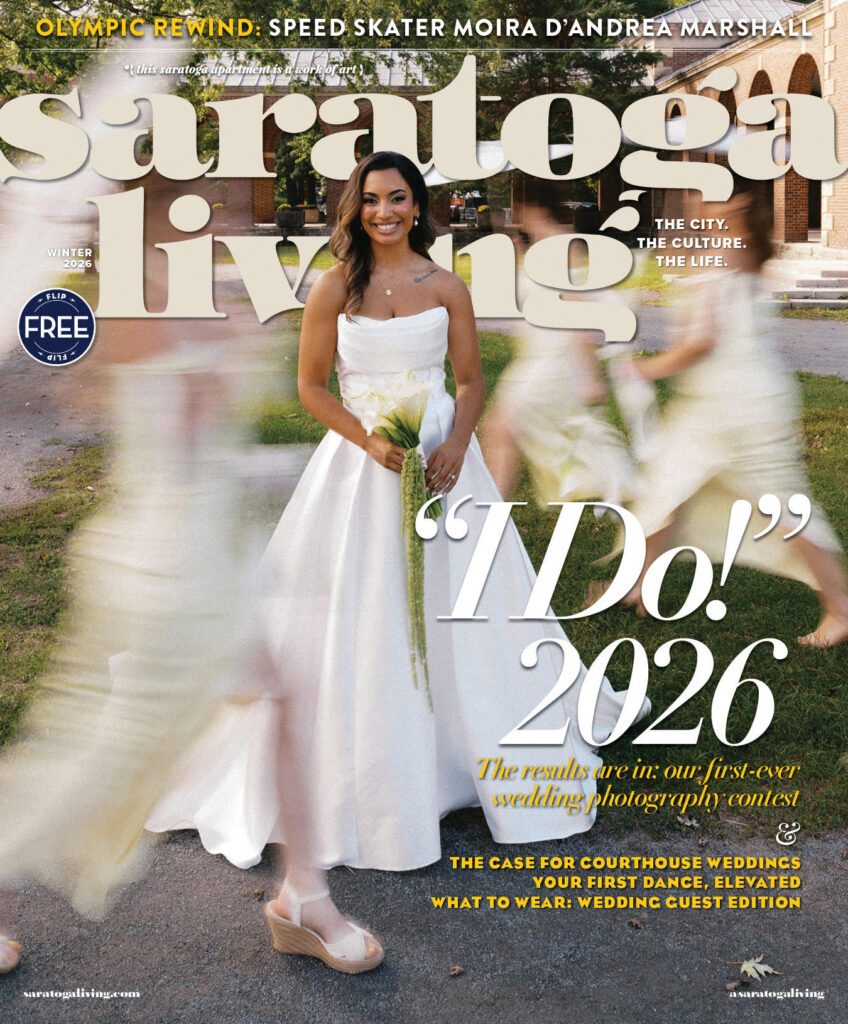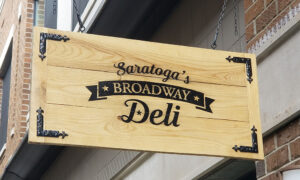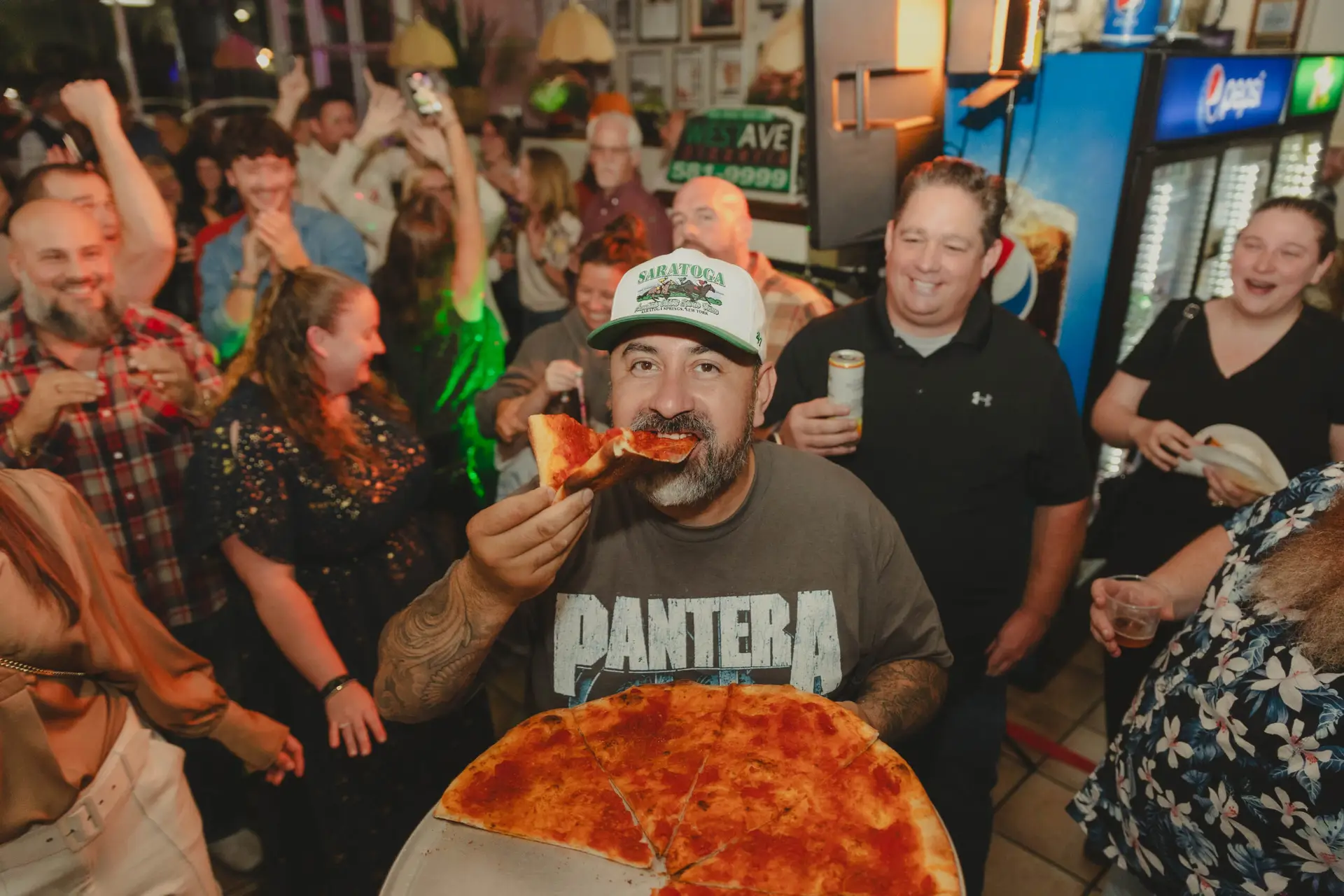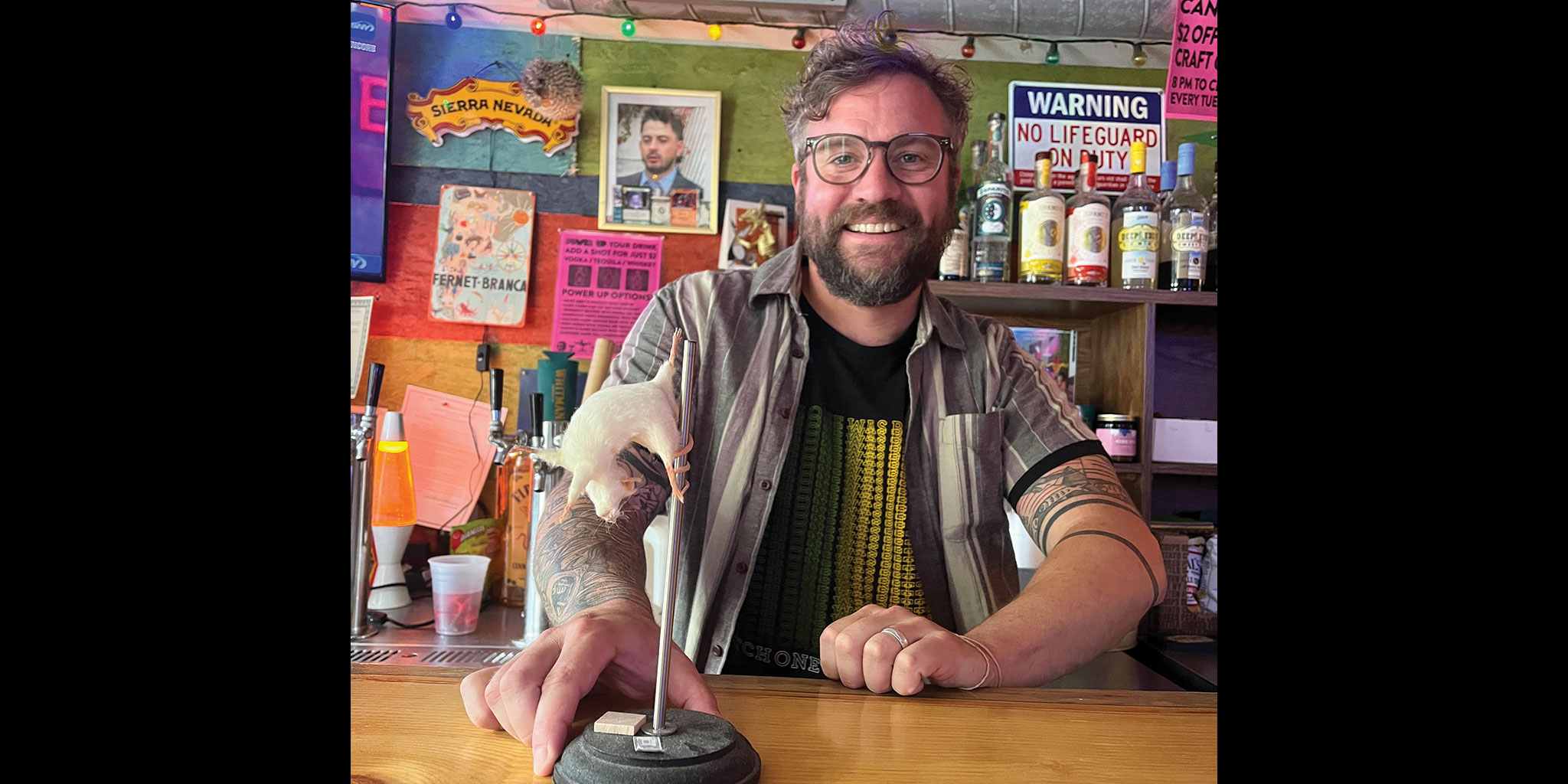In the rich history of the Belmont Stakes—the oldest of the American Triple Crown races—nobody has distinguished themselves in the legendary event quite like James Rowe and James McLaughlin, two Hall of Famers from the yesteryear days of the sport.
Among the greatest in their respective disciplines, trainer Rowe (eight Belmont victories as a trainer, two as a jockey) and jockey McLaughlin (six Belmont wins) still rank atop the leaderboard of the historic contest generations after their glory days.
Rowe, a native of Richmond, VA, was one of America’s finest jockeys before he transitioned to the training game. He was just 14 when he rode the first of his consecutive Belmont winners, Joe Daniels, in 1871. Rowe piloted Springbok to win the Belmont the following year, but his days in the saddle were numbered because of a growth spurt that necessitated a new career.
Jumping ahead a decade, Rowe had established himself as a top trainer in the sport. One of the elite riders in the game during the 1880s was McLaughlin, a brash 21-year-old from Hartford, CT. McLaughlin won his first Belmont in 1882 aboard Forester— and was just getting started. The budding talent partnered with Rowe to win the next two Belmonts with George Kinney (1883) and Panique (1884), both owned by the powerful Dwyer Brothers Stable.
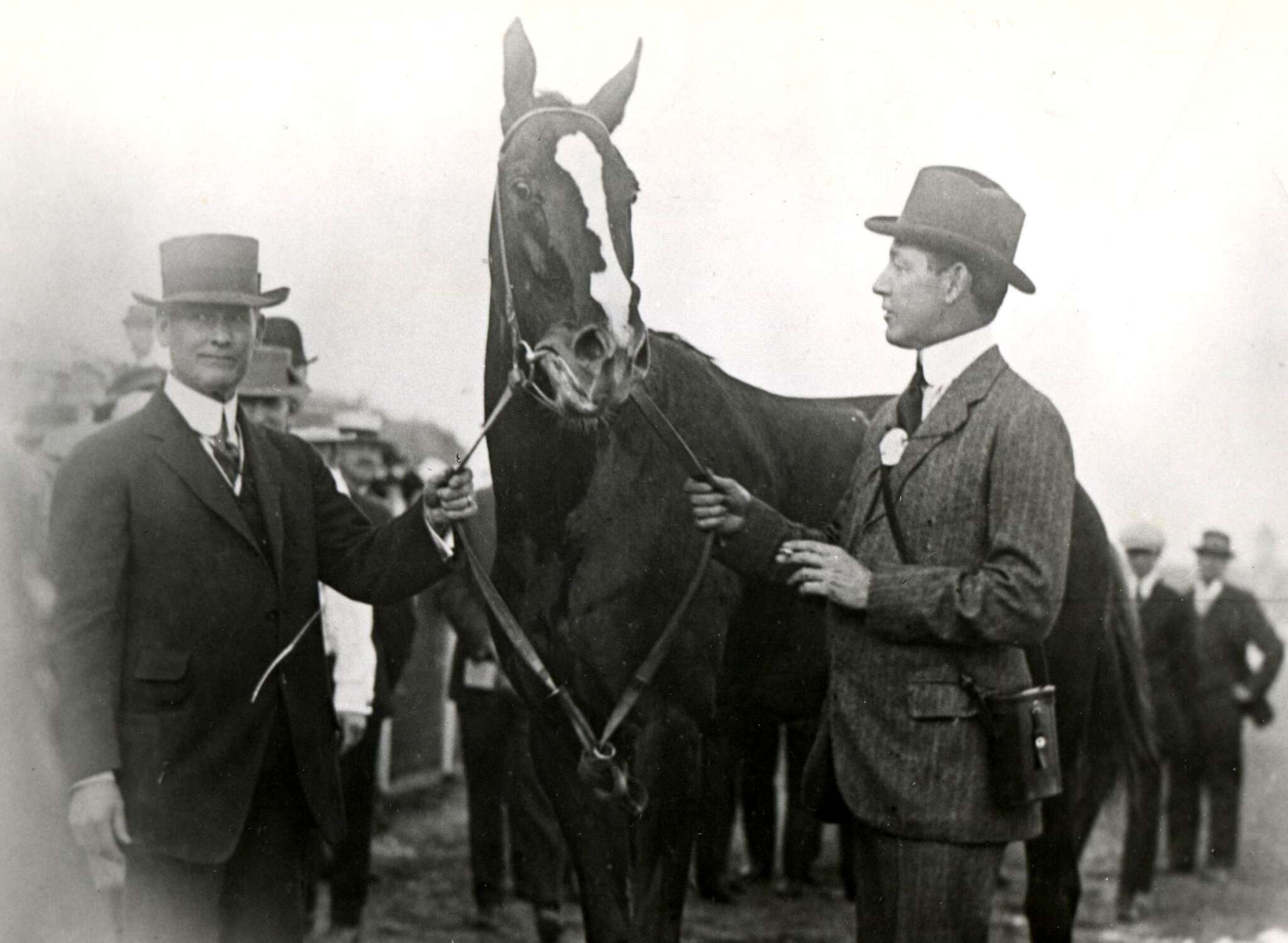
In the mid-1880s, Rowe had a dispute with the Dwyers and quit as their trainer. McLaughlin, meanwhile, continued to prosper for the stable and its new trainer, Frank McCabe. The decorated jockey ran his incredible record in the Belmont to six wins in seven years with his second three-peat, achieved with Inspector B. (1886), Hanover (1887), and Sir Dixon (1888). (Only one other rider, Hall of Famer Eddie Arcaro, has won six Belmonts, his over a less dramatic 14-year span; McLaughlin’s record stood for 70 years until Arcaro’s sixth win in 1955.)
After retiring from the saddle in 1892, McLaughlin had some success as a trainer and spent time as a racetrack official. He died in 1927 at the age of 65.
Splitting with a prominent stable like the Dwyer Brothers would have been a major detriment to the careers of most trainers, but the best was still to come for Rowe. Seventeen years after winning the 1884 Belmont, Rowe remained a dominant trainer in the new century. In the Belmont, he scored victories in 1901 (Commando), 1904 (Delhi), 1907 (Peter Pan), 1908 (Colin), 1910 (Sweep), and 1913 (Prince Eugene) to give him eight wins in the event as a trainer and 10 overall, spanning 42 years. He also won the race at three tracks—Jerome Park (1871, 1872, 1883, 1884), Morris Park (1901, 1904), and Belmont Park (1907, 1908, 1910, 1913).
The year after he won his 10th and final Belmont, Rowe scored one of the most monumental victories in the history of the Kentucky Derby, training Harry Payne Whitney’s legendary Regret, who became the first filly to win the Run for the Roses in 1915. Rowe continued to have success at the top of the sport and died in Saratoga during the 1929 racing season at the age of 72. Almost a century later, Rowe’s all-time records of champions trained (34), Hall of Famers trained (10), and combined Belmont wins (10) seem otherworldly.
Rowe and McLaughlin were inaugural inductees of the National Museum of Racing’s Hall of Fame in 1955, their remarkable success in the Belmont Stakes serving as a central narrative in their respective legacies.






